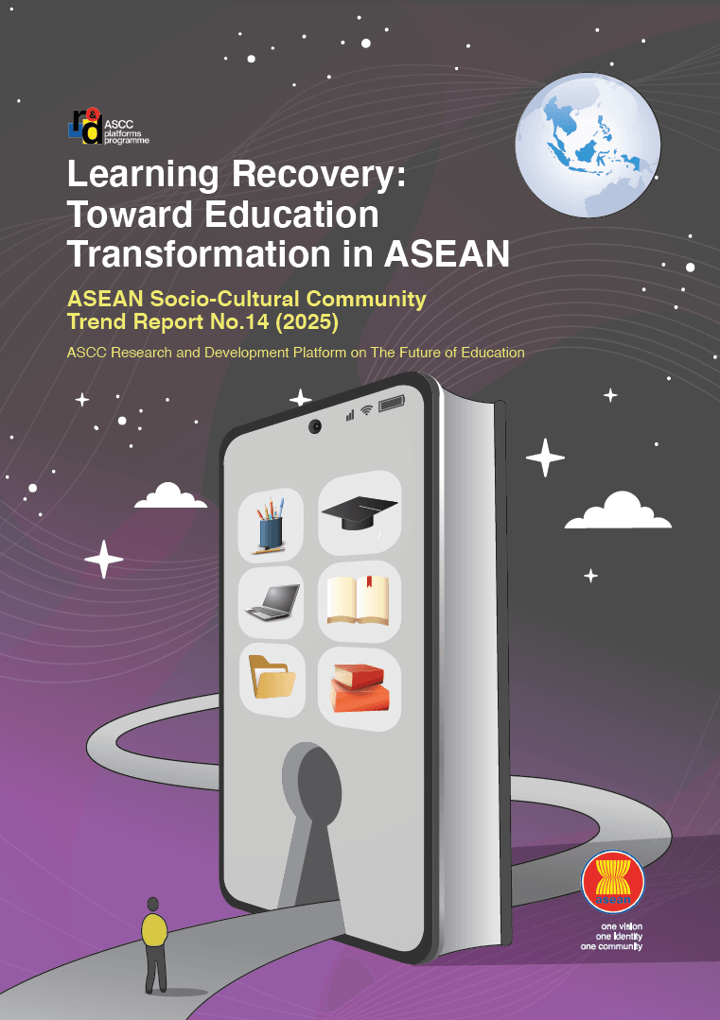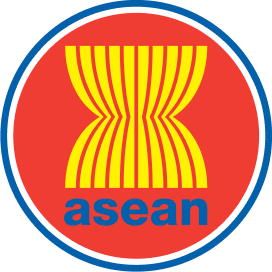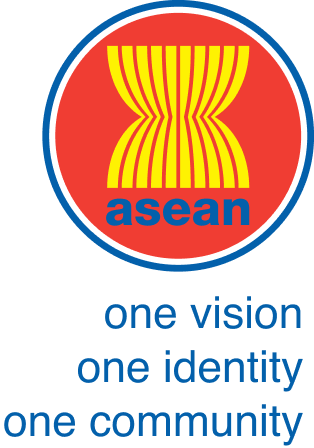

The COVID-19 pandemic led to school closures and lockdowns starting in March 2020 in ASEAN Member States (AMS), resulting in learning losses and learning poverty, despite implementation new flexible learning strategies by some countries using digital technologies and alternative education.
Subsequently, AMS Ministries of Education (MoEs) have enacted national strategies to recoup pandemicrelated learning losses, such as implementing teaching and learning innovations and context-specific interventions using educational technology. AMS have also developed national action plans to address and assess the scope and extent of learning losses, implement remedial learning programmes, modify class time allocations, maximise the benefits of blended learning modalities, and use all available knowledge resources to mitigate learning losses.
In Southeast Asia, teachers and learners, led by a new generation, have turned to digital and technological tools in education to counter continuing learning disruptions. However, use of these tools has been limited due to a lack of access. Further, many teachers lack the requisite skills in information and communication technology (ICT). As such, AMS need to invest in training to improve teachers’ digital and technological competency and address the learning losses stemming from prolonged school closures, the digital divide, crisis-related income shocks, poor learner health, decreased psychosocial well-being, and climate change.
ASEAN aspires to develop inclusive education systems that provide equal opportunities for men and women, regardless of their socioeconomic status or ethnicity. In the future, AMS national education systems should prepare learners to address these challenges by leveraging technology while ensuring the persistence of essential values like empathy and compassion amid rapid digitalisation.
This report will refer to learning recovery as interventions designed to accelerate learning while examining the use of technology in education and the learning progress of students who participated in remedial programs, levelling programs, or accelerated learning plans.
To ensure a full learning recovery and the transformation of education, AMS should create learning recovery and acceleration plans to address learning losses, address barriers to learning recovery, prioritise programmes to close learning gaps using technology-enabled and context-driven pedagogies, continue investment in training teachers to manage students mental health and socioemotional needs, improve educational management governance, and boost decentralization to address local educational issues in the short-to-medium term.
In the long term, AMS should consider developing multi-tier support systems for teachers to address learning gaps; revise curricula to enhance their focus on foundational learning; redesign existing policy interventions to emphasise equity, inclusion, and implementation of the Sustainable Development Goals (SDGs); devise strategies to future-proof education by fostering crisis resilience; and strengthen lifelong learning by teachers to maximise the benefits of using digital tools to address learning losses and the learning divide.







